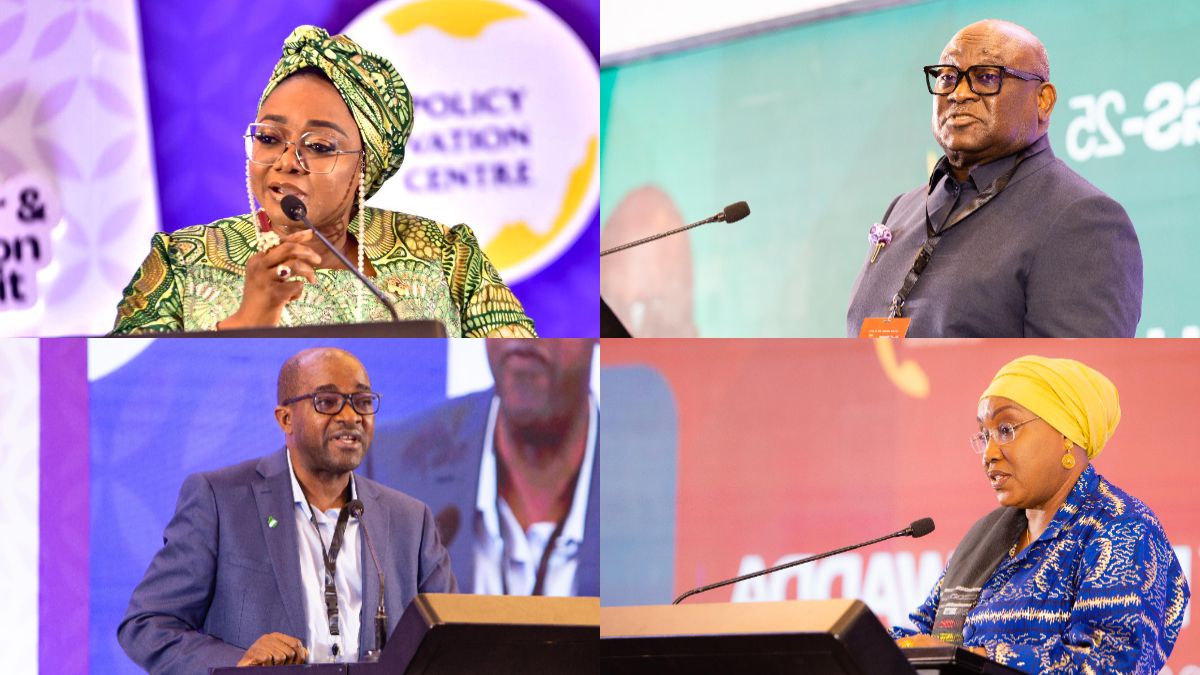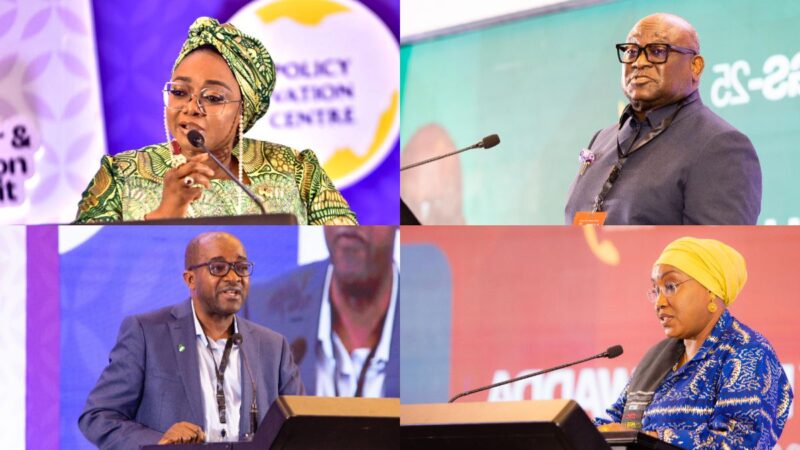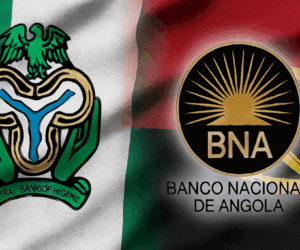
Nigeria could unlock an additional $229 billion in its economy by 2030 if women were fully empowered, the Minister of Women Affairs, Hajia Imaan Sulaiman-Ibrahim, said on Wednesday, September 3, at Africa’s largest Gender and Inclusion Summit (GS-25) in Abuja.
Speaking at the high-level ministerial panel, the minister stressed that closing the gender gap in labour force participation was not a matter of charity but an “economic necessity.”
She pointed out that women constitute more than half of Nigeria’s population, yet remain underrepresented in leadership, credit access, and education.
“Already, women own 43 percent of micro, small, and medium enterprises in Nigeria, yet only nine percent of them have access to formal credit. Girls in rural areas are still twice as likely to be out of secondary school as boys. These, among others, are stark reminders of the barriers we must confront,” she told participants.
Breakthroughs Across States
The minister noted that reforms across different states show progress is possible. In Adamawa, women are now allowed to inherit property and occupy 100 percent of vice-chairperson roles in all 21 local councils, surpassing the 35 percent affirmative action benchmark.
In Rivers State, a 19-year-old girl recently won a councillorship seat, while in Niger State, all local government vice-chairmanship positions have been reserved for women.
Sulaiman-Ibrahim also highlighted strides in sports and the private sector, where women now occupy an estimated 22 percent of executive roles, higher than the global average of 20 percent, and lead more than 40 percent of Nigeria’s commercial banks.
She emphasised the human impact of these interventions with the story of a mother of four who, through the Nigeria for Women Project, escaped predatory loans and now earns enough to feed and educate her children.
“That is the true meaning of inclusion, the difference between hunger and hope, between survival and dignity,” she said.
Owning Narratives and Voices
Keynote speaker Oley Dibba-Wadda challenged participants to reclaim their voices and use technology to tell their own stories.
Through her moving personal reflection on writing a memoir, she illustrated how vulnerability can be transformed into power.
“Too often, we live by HIS-story. We must learn to tell HER-story — stories that reflect our realities, our strengths, and our struggles. No one is coming to save us; we must take our power back,” she declared.
Dibba-Wadda reminded the audience that technology is now the new griot, a space where Africans can amplify their voices, challenge oppression, and inspire others.
She urged participants to move beyond a victim mentality and embrace the digital age as an enabler of inclusion.
Collective Responsibility for Inclusion
Udeme Ufot, Chairman of the Policy Innovation Centre, described the summit as a marketplace of ideas where research meets lived realities.
He noted that past summits had birthed The Purple Book, a compendium of recommendations now serving as a roadmap for advocacy and policy reform.
“Inclusion begins with listening to rural women, to displaced persons, to young people. But beyond listening, we must innovate. We must deploy technology, design responsive social protection, and commit to multi-sectoral collaboration,” Ufot said.
Similarly, Mr. Olaniyi Yusuf, Chairman of the Nigerian Economic Summit Group, urged participants to challenge old models.
Reflecting on Nigeria’s untapped potential, he said: “Our greatest resource is our people. Yet too many remain excluded. We must ensure that this summit is not just dialogue but a catalyst for action.”
From Rhetoric to Measurable Change
Across all the speeches, one recurring theme stood out: urgency. Delegates agreed that gender equality is not just Goal 5 of the Sustainable Development Goals, but also the foundation for achieving all the others, from poverty reduction to climate resilience.
The summit closed with a renewed commitment to turn conversations into measurable impact. As Hajia Imaan reminded the gathering: “The task before us is simple but urgent: to ensure that the energy and ideas from GS-25 are translated into measurable change. There is no tool for development more effective than the empowerment of women.”
In the heart of Abuja, amidst policy makers, activists, and private sector leaders, the summit became more than a meeting. It was a reaffirmation that Africa’s inclusive future depends on voices once silenced, now amplified.








